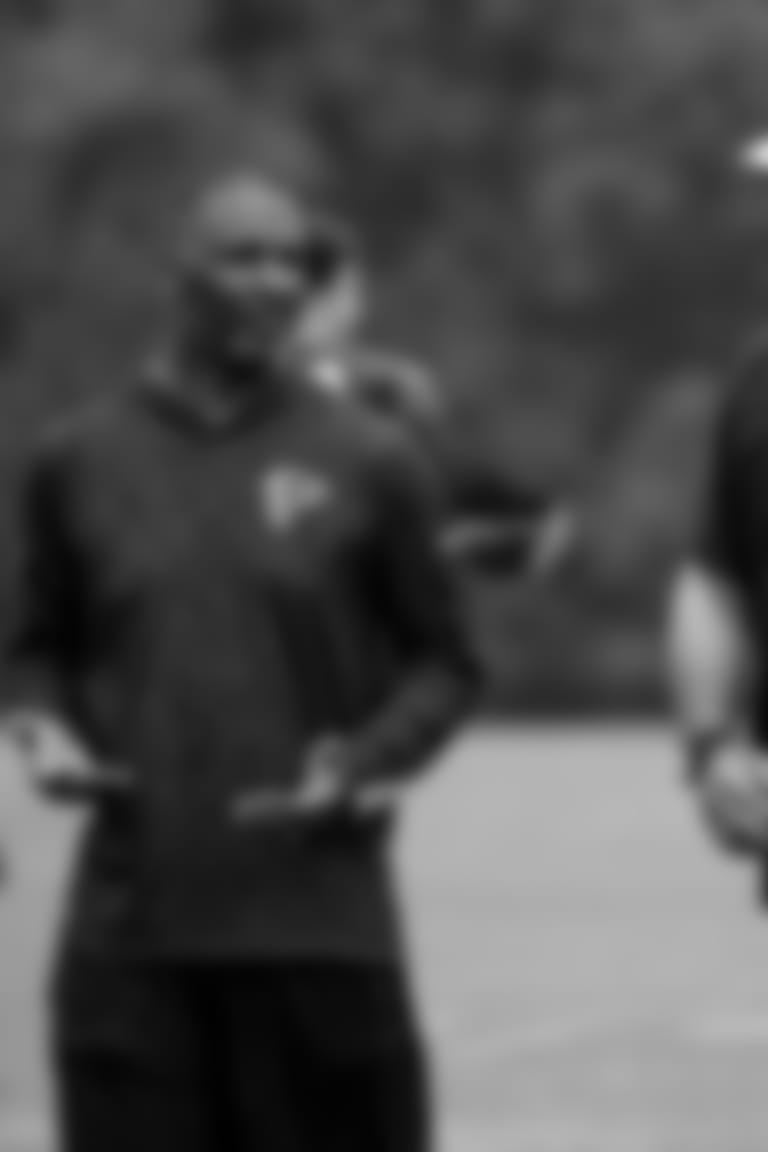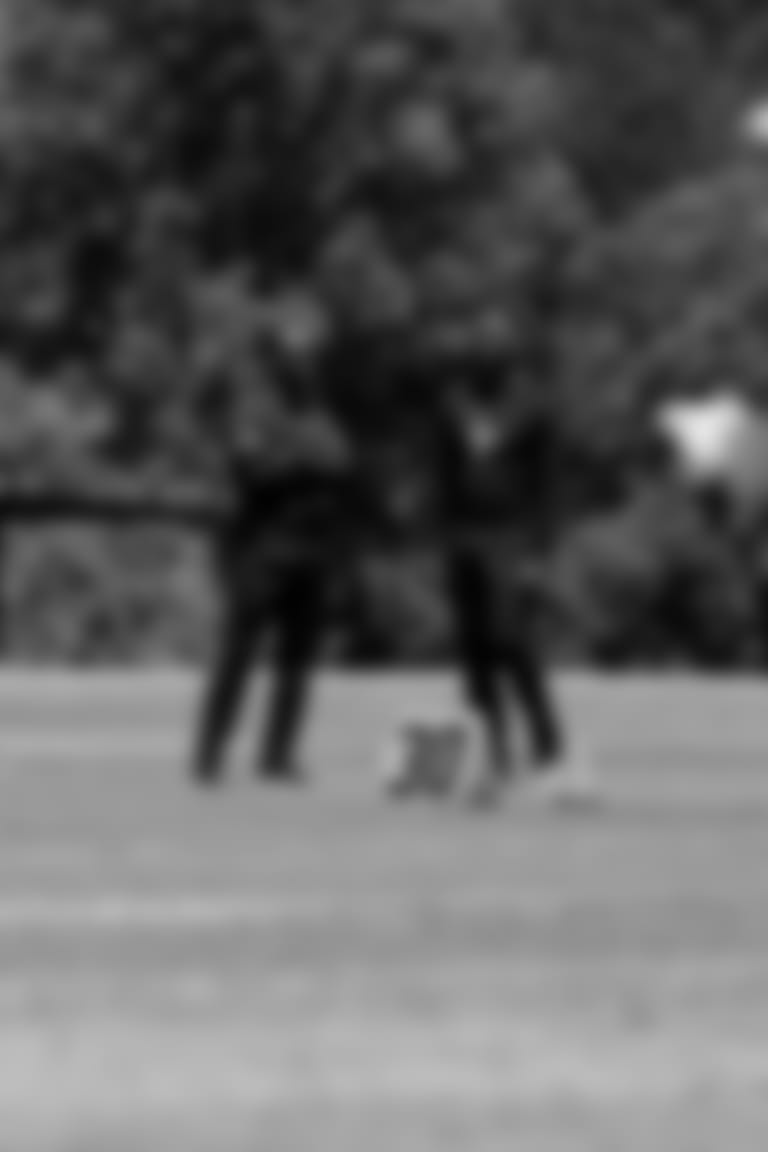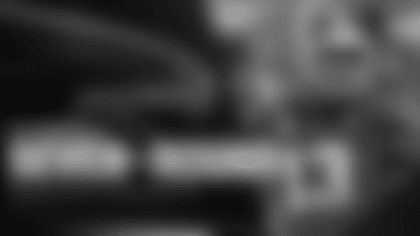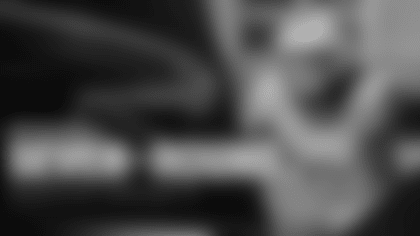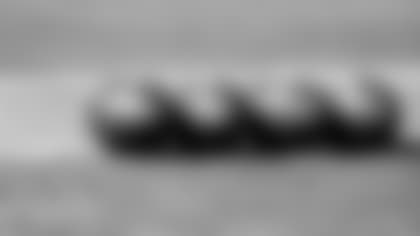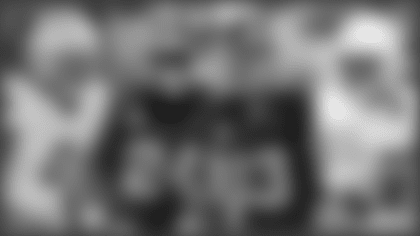Editor's Note: This feature on Falcons assistant director of college scouting Dwaune Jones is the fourth story in AtlantaFalcons.com's "Meet the Scouts" series.
The series provides insight into key members of the Falcons' player personnel department, and behind the scenes looks at how the Falcons discovered some of their top players.
By Kris Rhim
It's a challenge to catch Dwaune Jones – or any of the Falcons scouts for that matter – at the Falcons headquarters in Flowery Branch.
On this particular day, Jones is just in the facility for a moment.
He arrived in Atlanta in the morning after scouting players in a game in Pennsylvania the night before. Jones hopped in an Uber from Hartsfield-Jackson Airport and made it just in time for the interview. A few hours later, he will be back on a plane destined for a different state checking out potential Falcons.
That's the life for Jones, the Falcons assistant director of college scouting. Most of the year, he travels across the country to see the nation's best college football talent up close, grade their skills, and analyze how they would fit in Atlanta.
And the process is not an easy one.
RELATED CONTENT:
Evaluating players is subjective. There is no telling how a player will adapt to a different environment and a new system. Some skills in college are indicators that a player will be successful in the NFL but, like anything, it is not a perfect system.
Still, Jones has perfected his scouting process and become one of the best talent evaluators in the league. Jones has scouted and helped find players like Lamar Jackson, J.K. Dobbins, Malik Harrison, Chris Ivory, and others in previous stops with the Baltimore Ravens and New Orleans Saints.
Jones' success has come from his unwavering confidence and willingness to embrace mistakes; it's a process he calls faith over fear.
"You're going to make mistakes," Jones said. "You're going to miss on players. If you can accept that, that means that you'll be great. Many people won't put themselves out there for fear of missing, but fear is what's gonna separate you from average. Be fearless, don't worry about what people think. Hold true to your convictions."



